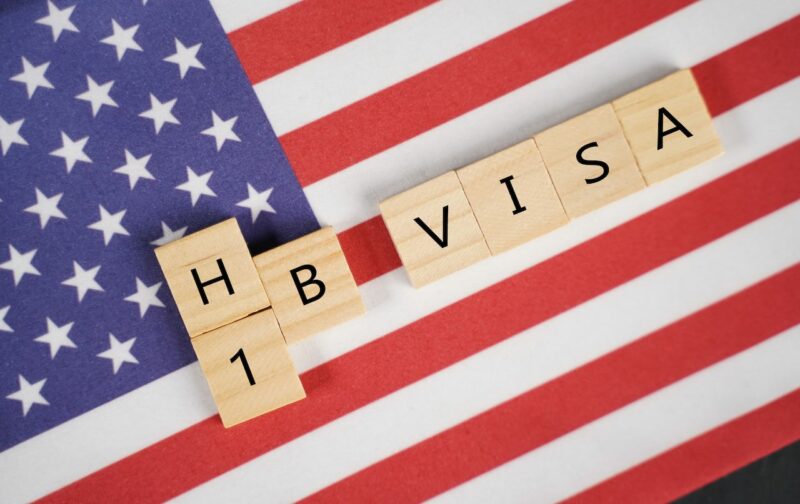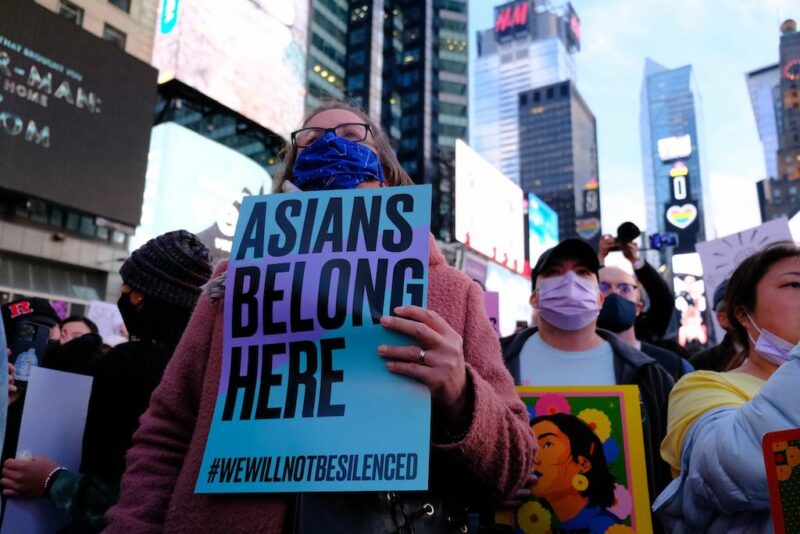Family-based immigration, as well as certain employment-based immigration in specific circumstances, requires the submission of an Affidavit of Support (Form I-864). This is a legally binding contract that ensures the financial responsibility of the sponsor for the immigrant applicant. The sponsor pledges to financially support the applicant until they become a U.S. citizen or have worked in the U.S. for 40 quarters, to prevent them from becoming a burden on the U.S. government.
Income requirements
For most people to become a sponsor and sign the Affidavit of Support, their household income (including the sponsored individual) needs to be at least 125% of the U.S. Department of Health and Human Services Poverty Guidelines. However, if the sponsor is an active-duty military member, 100% is sufficient. The “household size” includes both the sponsor and the sponsored individual, so the minimum household size is two people, including the sponsor and the sponsored applicant.
Below is the financial requirement for residents of the 48 contiguous states, or DC, Puerto Rico, the U.S. Virgin Islands, Guam, and the Commonwealth of the Northern Mariana Islands. If you’re a resident of Alaska or Hawaii, the requirement is slightly higher.
2023/2024 Financial Requirements for Affidavit of Support
(Not including residents of Alaska or Hawaii)
| Household Size | Poverty Line × 100% (Active Duty Military) | Poverty Line × 125% (Other Sponsors) |
|---|---|---|
| 2 | $19,720 | $24,650 |
| 3 | $24,860 | $31,075 |
| 4 | $30,000 | $37,500 |
| 5 | $35,140 | $43,925 |
| 6 | $40,280 | $50,350 |
| 7 | $45,420 | $56,775 |
| 8 | $50,560 | $63,200 |
| Each Additional Person | Add $5,140 | Add $6,425 |
If the sponsor’s income is insufficient, other assets such as savings, stocks, or real estate can be used to supplement the income. The value of these assets must be at least five times the difference between the required income and the sponsor’s actual income. However, if a U.S. citizen sponsors their spouse or children over 18 years old, the asset value only needs to cover three times the difference. In the case of a U.S. citizen adopting a foreign orphan, only the remaining amount needs to be covered. Additionally, multiple sponsors (co-sponsors) are allowed.
Some readers ask if they can use their real property as a guarantee. The net assets of the house can be used for income sponsorship. “Net assets” refer to the home’s estimated value minus the outstanding mortgage. You need to provide information such as the home’s appraisal (by a licensed appraiser), deed, and mortgage statement (if there’s a mortgage with unpaid balance).
Can I use my unemployment benefits?
Some readers ask: “I know that unemployment benefits are considered taxable income, but can I use them when signing Affidavit of Support?”
I couldn’t find specific instructions in the latest USCIS Policy Manual. However, the 2006 version said that when filling out Form I-864:
The sponsor may, of course, rely on retirement benefits, unemployment compensation, workman’s compensation, or other benefits that the sponsor has received, that must be included as taxable income. The duration of the sponsor’s eligibility for these benefits may be relevant in determining the sponsor’s ability to maintain his or her income over time.
This means that (1) unemployment benefits can be counted as income, but (2) USCIS will consider whether your income is sustainable, including the duration of unemployment benefits you can receive. For this reason, an immigration attorney from JQK Law Firm in Los Angeles advised in the YouTube video below that, since unemployment benefits have an end date and are not considered “continued income,” they should not be included in your Form I-864.
Q: Can we show as income from unemployment insurance?
A: No. I’m assuming you’re talking about the Affidavit of Support. When you’re going to show financial documents for an Affidavit of Support Form I-864, you have to show continued income. Unemployment income has an end date to it. So that’s not something you use. It’s really just work income that you’re getting. That’s what you should use for the Affidavit of Support.
In addition to unemployment benefits, other income sources such as life insurance benefits, Social Security Disability Income (SSDI), child support, and legal settlements can be used for income calculation.
Responsibilities of the sponsor
As the name suggests, whoever signs the “Affidavit of Support” is providing “financial support” for the applicant. The “Affidavit of Support” is a legally binding contract, and if the applicants uses government benefits, the government has the right to seek reimbursement from the sponsor. This sponsorship responsibility lasts until:
- the applicant becomes a U.S. citizen, or
- the applicant has worked in the U.S. for 10 years, or
- either the applicant or the sponsor has died, or
- the applicant gives up their green card and leaves the U.S.
If you are sponsoring your spouse, please note that getting a divorce does not end your sponsoring responsibility. Even if you later get divorced, you will still be responsible for any government benefits that your former spouse uses, as long as they have not become a U.S. citizen, worked in the U.S. for 10 years, passed away, or given up their green card and left the country.
What will I be responsible for?
According to USCIS guidelines, the following benefit programs fall under Federal Means-Tested Public Benefits, and if the sponsored person uses these benefits, the government can seek reimbursement from the sponsor:
- Food stamps
- Medicaid
- Supplemental Security Income (SSI)
- Temporary Assistance for Needy Families (TANF)
- State Children’s Health Insurance Program (SCHIP)
Additionally, certain benefit programs offered by state governments might also be Means-Tested, and the government may have the right to seek reimbursement from the sponsor. If unsure, it is advisable to contact the government agency that provides the specific benefit program for clarification.
What will I NOT be responsible for?
- Emergency Medicaid
- Short-term, non-cash emergency assistance
- Emergency Medicaid
- Short-term, non-cash emergency assistance
- School lunch programs
- Immunizations and treatment for communicable diseases
- Higher education student aid
- Some adoption and foster care assistance
- Head Start programs for early education
- Programs provided under the Elementary and Secondary Education Act (ESEA)
- Workforce training programs
Do I need to submit I-864?
The instructions for filling out Form I-864 provide clear guidance on this:
- All family-based immigrants and immediate relatives need to fill out Form I-864.
- Employment-based immigrants who have a relative as their employer or have a relative with ownership of 5% or more in the company need to fill out Form I-864. Other employment-based immigrants do not need to fill out Form I-864.
Exceptions:
- Immigrants who have earned 40 qualifying quarters of work in the U.S. do not need financial sponsorship.
- Immigrants who will immediately acquire U.S. citizenship after immigrating do not need to fill out Form I-864 (e.g., children born abroad to U.S. citizens).
- Widows, widowers, and abused spouses and children approved for Form I-360 do not need financial sponsorship.
Who needs to sign I-864?
The USCIS website explains:
If you filed an immigrant visa petition for your relative, you must be the sponsor. You must also be at least 18 years old and a U.S. citizen or a permanent resident. You must have a domicile in the United States or a territory or possession of the United States. Usually, this requirement means you must actually live in the United States, or a territory or possession, in order to be a sponsor. If you live abroad, you may still be eligible to be a sponsor if you can show that your residence abroad is temporary, and that you still have your domicile in the United States.
For family-based immigration, the relative who submits the I-130 petition on your behalf must sponsor you. The sponsor must be a U.S. citizen or a permanent resident who is at least 18 years old and residing in the United States (or a U.S. territory).
Disclosure: We are an Amazon Associate. Some links on this website are affiliate links, which means we may earn a commission or receive a referral fee when you sign up or make a purchase through those links.








Leave a Reply